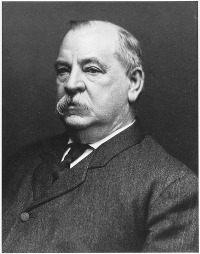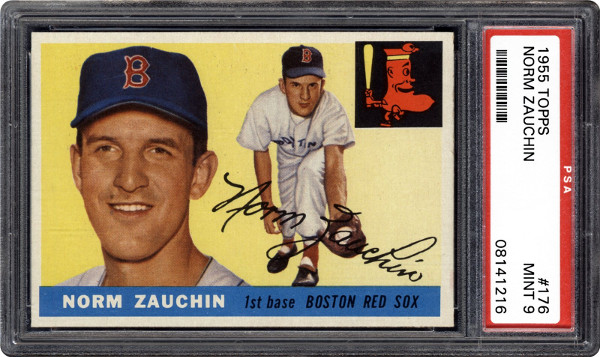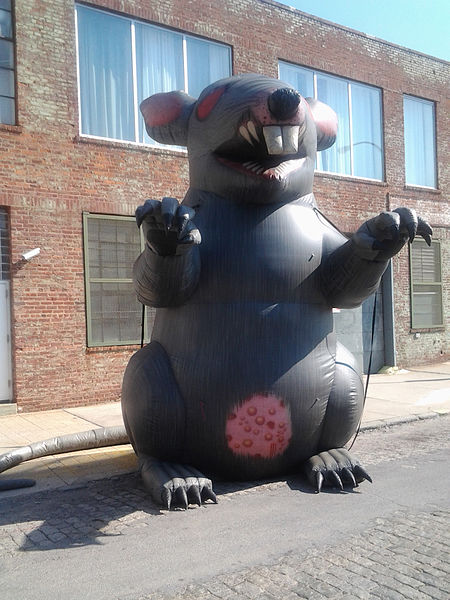
alembicated
adj. over-refined, excessively subtle in thought or expression
brachylogy
n. conciseness of speech; a condensed expression
mycterism
n. a subtle or scornful jibe; a piece of sarcasm or irony; subtle mocking
In 1886 Grover Cleveland suspended certain officials during a recess of the Senate and refused to give his reasons. When the Senate objected, he sent them a letter that contained a fateful phrase: “And so it happens that after an existence of nearly twenty years of an almost innocuous desuetude these laws are brought forth.”
Everyone pounced on it. Tennessee representative William Robert Moore wrote:
The big Free trade disciple
Who lives on Buzzard’s Bay,
Cannot again be President,
The tariff boys all say;
And they mean “biz” you better bet,
They’re in the proper mood
To send him up Salt River
To “innocuous desuetude” —
To innocuous desuetude,
To innocuous desuetude,
To send him up Salt River
To innocuous desuetude.
The phrase was still echoing in 1920, when former Speaker of the House Champ Clark wrote, “His most exquisite phrase and entirely original, so far as I know, was ‘innocuous desuetude,’ still frequently quoted and perhaps to be quoted as long as our vernacular is spoken by the children of men.”




